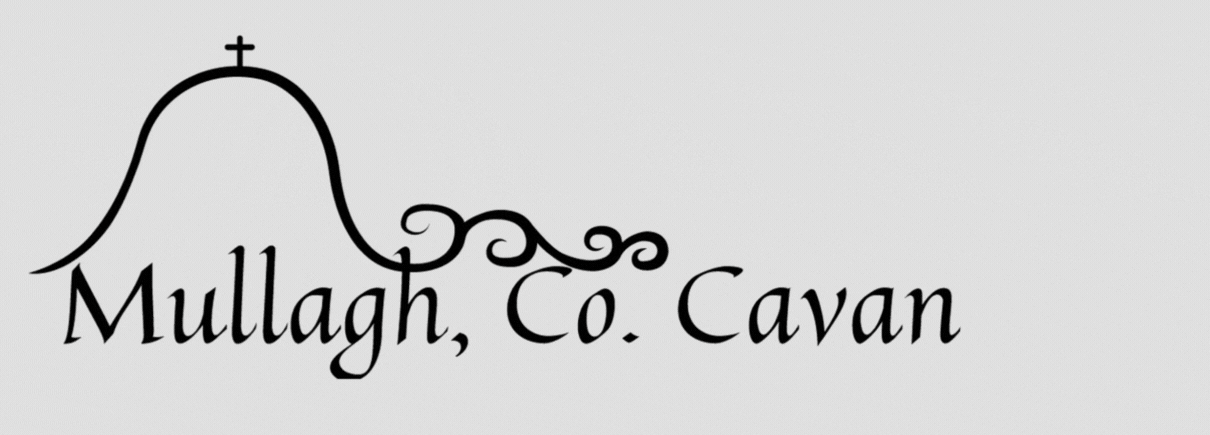
Charlotte Brooke
Charlotte Brooke: A Pioneer of Irish Literary Preservation
Charlotte Brooke (c. 1740–1793) was born in Rantavan, County Cavan, and is celebrated for her influential work, Reliques of Irish Poetry. As the daughter of Henry Brooke, a notable writer, Charlotte was one of only two of his twenty-two children to survive childhood.
Early Life
From a young age, Charlotte displayed a deep love for books. While her family slept, she would spend hours in her father’s study, engrossed in reading. Educated at home by her father, she delved into history and literature, developing a unique passion for the Irish language and Gaelic heritage. Growing up in County Cavan, and later on estates in County Kildare, she was captivated by the Irish language spoken by local laborers. This exposure ignited her interest in Irish poetry, which she began translating into English, bringing the beauty of Irish verse to a wider audience. One of her early translations, a song by the famed bard Carolan, was published in Joseph Cooper Walker’s Historical Memoirs of Irish Bards.
Mid Life
Despite her frail health, Charlotte dedicated herself to caring for her father after her mother’s death in 1773. The family moved back to County Cavan, settling in a home they called Longfield, near their Rantavan estate. The Brookes embodied the patriotic Anglo-Irish spirit of the time, promoting agricultural and industrial improvements. However, financial difficulties arose after a model industrial village in County Kildare, established by her cousin Captain Robert Brooke, went bankrupt in 1787. Despite efforts by Joseph Walker and the Royal Irish Academy to support her, Charlotte had to rely on her writings and translations for income.
Late Life
In 1792, Charlotte moved to Longford, where she shared a modest cottage with friends due to her financial struggles. She passed away on March 29, 1793, from a malignant fever.
Literary Contributions
Charlotte Brooke’s most significant work, Reliques of Irish Poetry, published in 1788, played a crucial role in preserving Irish literary heritage. She also authored Dialogue Between a Lady and Her Pupils (1791), The School for Christians (1791), and several other works, including Emma, or the Foundling of the Wood. Charlotte’s dedication to translating Irish poetry ensured that these cultural treasures would not be lost to time. She believed that her work would “give them a page in history and secure a lasting remembrance” for future generations.
One example of Brooke’s translations comes from a poem out of Reliques of Irish Poetry:
Carolan’s Monody on the Death of Mary Mac Guire
Were mine the choice of intellectual fame,
Of spelful song, and eloquence divine,
Painting’s sweet power, philosophy’s pure flame,
And Homer’s lyre, and Ossian’s Harp were mine;
The splendid arts of Erin, Greece, and Rome,
In Mary lost, would lose their wonted grace,
All would I give to snatch her from the tomb,
Again to fold her in my fond embrace.
